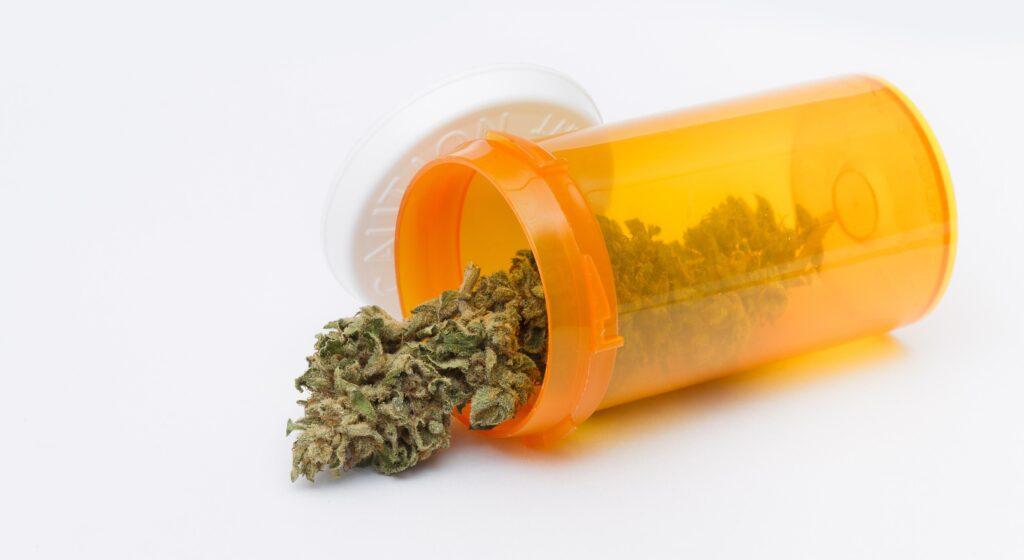The New Jersey Cannabis Regulatory Commission (CRC) announced they the state will soon roll out new digital Medicinal Cannabis Program patient cards, and they will be free of charge for qualifying patients.

“With the introduction of digital medical cannabis cards registration and renewal in the Medicinal Cannabis Program will be free”, says the CRC in a public announcement. “Additionally, with digital cards, patients can easily carry their authorization on their mobile devices, eliminating the risk of losing or damaging a physical card.”
The CRC says this “also enhances accessibility, ensuring patients can present their credentials whenever necessary.”
Patients can also print out their digital cards to take into the alternative treatment centers. Anyone who prefers to have a physical card generated by the NJ-CRC will pay $10 for a two-year registration (the cost to register for the medical marijuana program dropped from $50 to $10 in December).

The move comes amid the state’s dwindling medical marijuana patient count; the number of medical marijuana patients has dropped from 128,000 at the start of 2022, to around 94,000 now (the drop is attributed to the state launching recreational marijuana sales in the spring of 2022).
In a recent survey of patients conducted by the NJ-CRC, participants overwhelming indicated they are satisfied with the Medicinal Cannabis Program. Of the more than 1,000 patients who responded to the questionnaire, less than 9% reported being unsatisfied with the service they received when they contacted Patient Services at the NJ-CRC. While many respondents shared concerns about the health care provider fees, product prices, and product availability, more than half said they participate in the program to enjoy the lower price they get from regular patient discounts and not having to pay state taxes, and to have access to the strains and products available only to patients.
In October the New Jersey Appellate Division ruled that it was appropriate for a workers’ compensation judge to order an employer to reimburse its employee for their medical marijuana expenses as part of his workers’ compensation case.






